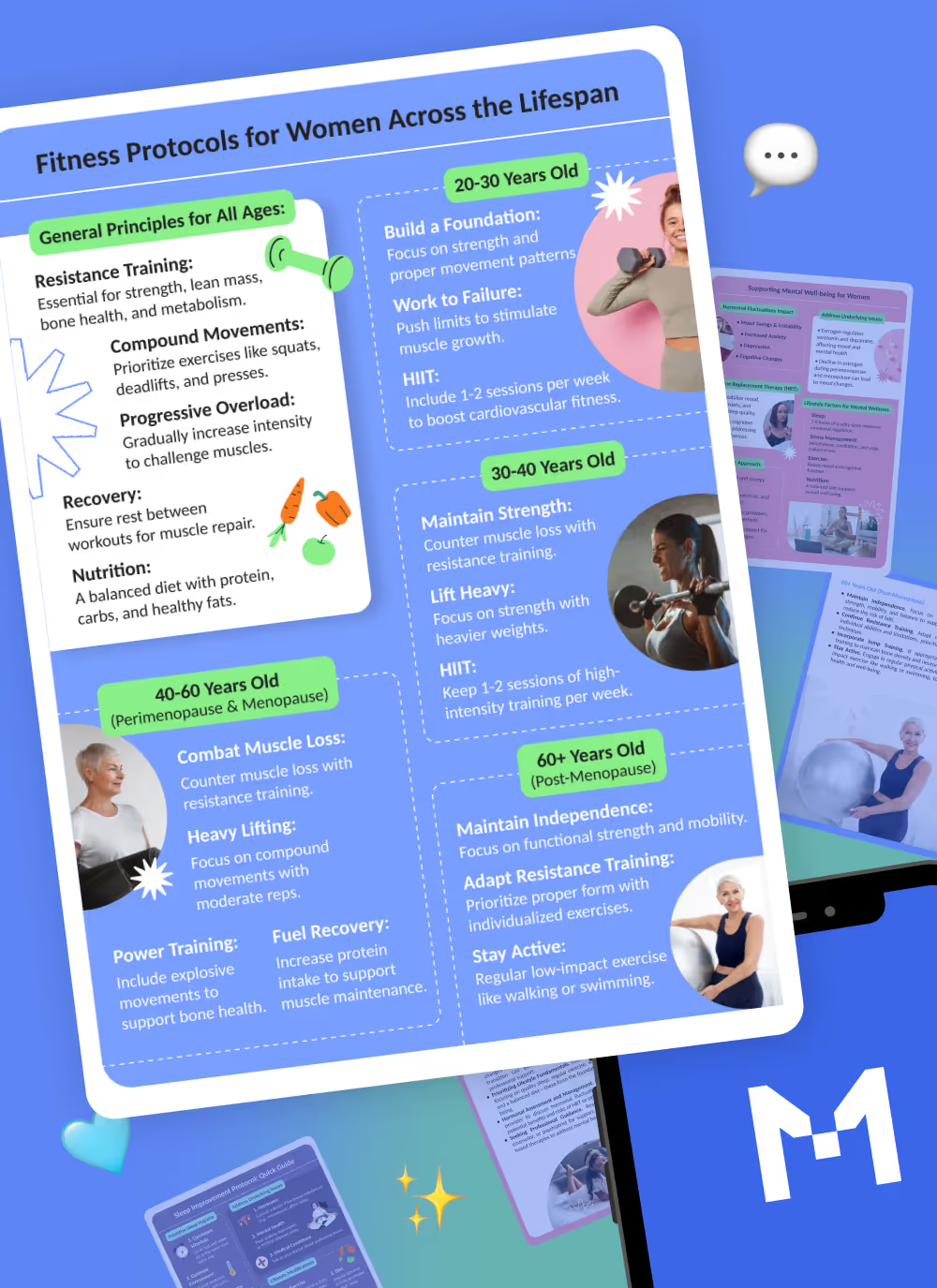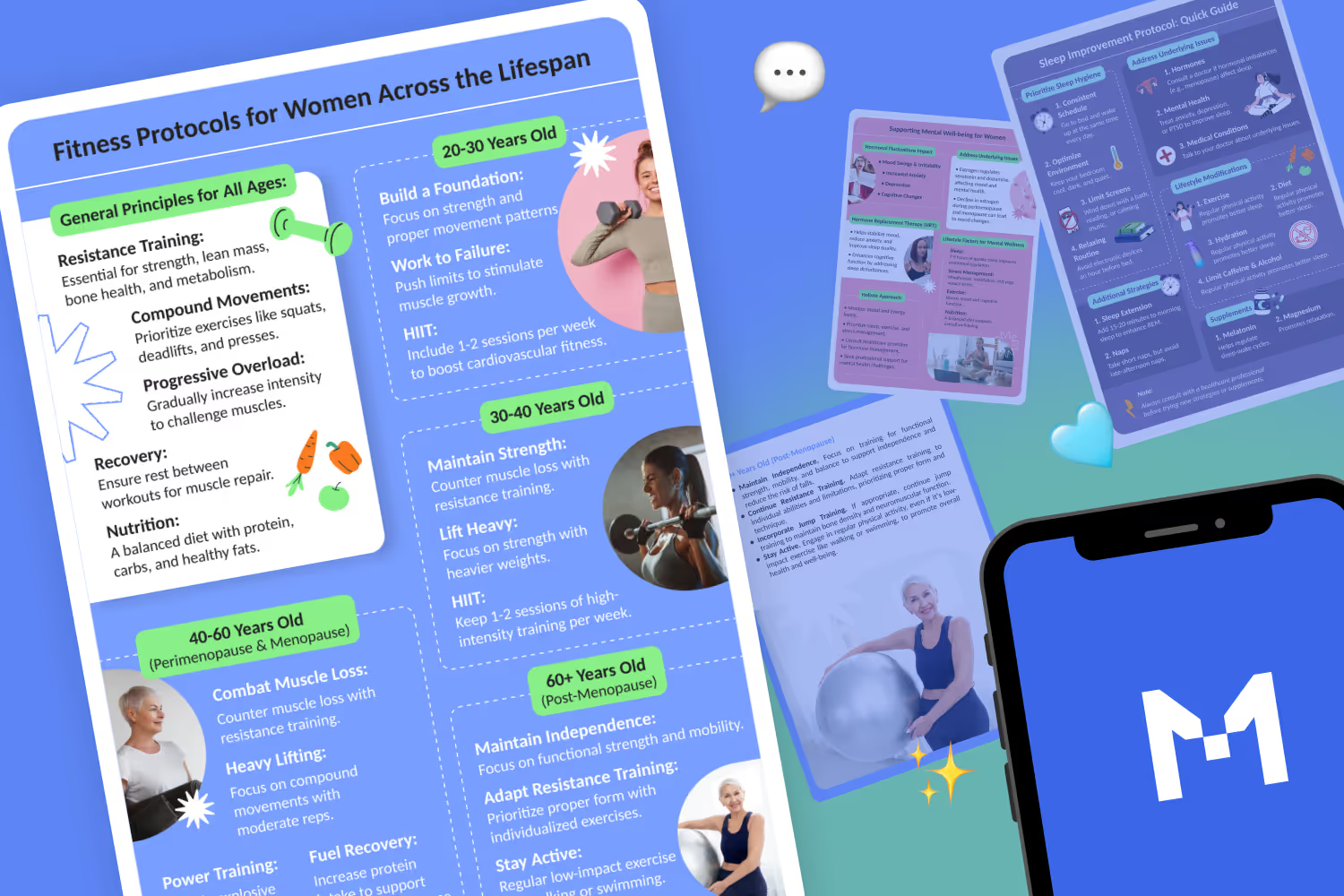Join our newsletters and be the first to receive app updates, exclusive content, and connect with a supportive network of accomplished women. Sign up today to unlock your journey to success with Miranna
Is Gen Z Aging Faster? The Truth Behind the Viral Debate

Social media has sparked a heated debate about whether Gen Z is aging faster than previous generations. With TikTok, Reddit, and other platforms buzzing about how Gen Z is aging like milk, many are questioning why this perception exists. But does it hold any truth?
Experts agree there’s no scientific evidence that Gen Z’s biological aging is accelerating. Instead, societal pressures, environmental challenges, and lifestyle factors contribute to this perception. Filtered images, unrealistic beauty standards, and the pressures of modern life all play a role. Let’s dive into why many believe Gen Z is aging rapidly and separate myth from reality.
Factors Contributing to the Perception That Gen Z Is Aging Faster
Social Media’s Role in the “Aging Faster” Narrative
Social media platforms have completely transformed how we perceive age and beauty. Influencers and brands routinely promote anti-aging products and filters, setting unattainable beauty standards. This has created a hyperawareness of appearance among Gen Z, who often worry about wrinkles, fine lines, and sagging skin—concerns typically reserved for older generations.
Ironically, Gen Z is better at skincare than their predecessors. They use sunscreen religiously and are less likely to smoke, significantly slowing aging. However, the endless stream of curated and filtered images on Instagram and TikTok skews their perception of what's expected, making them feel like they're aging prematurely.
This distorted reality makes many wonder, "Why is Gen Z aging so fast?" The answer lies not in biology but in comparing digitally altered images and societal pressures to appear flawless.
Cultural Trends That Influence Perceptions
Fashion and beauty trends also shape the belief that Gen Z is aging poorly. While trendy, styles like baggy low-rise jeans, oversized blazers, and vintage-inspired outfits can evoke a more mature appearance.
Additionally, the rise of beauty treatments such as Botox and dermal fillers among young adults has blurred the lines between youth and age. These treatments, once associated with older generations, have become commonplace for Gen Z. While they can enhance certain features, they can also create misconceptions about age, leading some to ask, "Why is Gen Z aging rapidly?"
By adopting trends and treatments emphasizing a more mature aesthetic, Gen Z inadvertently fuels the perception that they look older than their years.
Lifestyle Choices: Diet and Exercise
Lifestyle habits significantly impact how youthful someone appears, and for many Gen Z individuals, modern diets and sedentary routines aren't helping. Diets high in processed foods, sugary snacks, and caffeinated drinks contribute to inflammation, which can cause dull skin, puffiness, and fatigue—all signs of aging.
On top of this, long hours spent sitting in front of screens mean less time for physical activity. Regular exercise keeps the body fit and promotes glowing skin and a healthy mind. Without it, the effects of inactivity—like poor posture and low energy—can make someone appear older.
While many Gen Z members are health-conscious, the convenience of fast food and the demands of a digital lifestyle make it harder to prioritize wellness. These habits contribute to the perception that Gen Z is aging faster than Millennials.
Environmental Factors: Pollution and Blue Light
Generation Z has grown up in a world grappling with environmental challenges that affect their health and appearance. Pollution introduces harmful particles into the skin, breaking down collagen and accelerating the development of wrinkles and fine lines.
Blue light from digital devices is another hidden culprit. Prolonged exposure to screens can damage skin cells, disrupt circadian rhythms, and cause sleep deprivation—all of which contribute to signs of aging, such as dark circles and dull skin.
These environmental stressors and daily exposure to toxins and microplastics make it easy to see why some people think Gen Z is aging rapidly.
Psychological Factors: Stress and Mental Health
Stress is one of the most overlooked factors in the perception that Gen Z is aging badly. Members of this generation face unique challenges, from academic pressure to economic uncertainty, contributing to higher rates of anxiety and depression than previous generations.
Chronic stress elevates cortisol levels, which can trigger inflammation, cause breakouts, and accelerate premature skin aging. Combined with unhealthy coping mechanisms—like comfort eating or excessive screen time—stress leaves a visible mark on their appearance.
For many, the emotional toll of constant pressure creates the illusion of rapid aging, making them feel and look older than they are.
Social Isolation in the Digital Age
Despite being the most connected generation online, Gen Z often struggles to form deep, real-world relationships. Their reliance on virtual interactions can lead to feelings of loneliness and isolation, both of which are linked to poorer physical and mental health.
Studies show that solid social bonds promote longevity and a youthful appearance. Without these connections, the stress and dissatisfaction of social isolation take a toll, furthering the belief that Gen Z is aging poorly.
The competitive, fast-paced world only adds to this burden, creating a cycle of stress and burnout that impacts both mental and physical well-being.
To Sum Up: Perception vs. Reality
The claim that Gen Z is aging faster than Millennials or other generations is a myth. There's no scientific evidence that their biological aging is accelerating. Instead, the idea is fueled by social media comparisons, cultural trends, lifestyle habits, and environmental stressors.
However, this narrative does offer a valuable lesson: prioritizing self-care, embracing natural beauty, and focusing on healthy habits are crucial to combating stress and preserving well-being.
Rather than perpetuating unrealistic beauty standards, we should encourage Gen Z to accept the natural aging process. Aging is a part of life—one that reflects growth, experience, and resilience.
FAQ


Worried about aging?
You don’t have to guess your way through it.
With the Miranna app, you’ll find science-based protocols and easy-to-follow infographics covering every area of women’s health — at every age:
✨ Nutrition
✨ Fitness
✨ Skincare
✨ Parenting
✨ Mental wellbeing & more
Because healthy aging isn’t just about looking younger — it’s about living better. And it’s all free in the app.
👉 Download Miranna today and unlock your personal guide to thriving at every stage.
People ❤️ Miranna








.avif)
.avif)